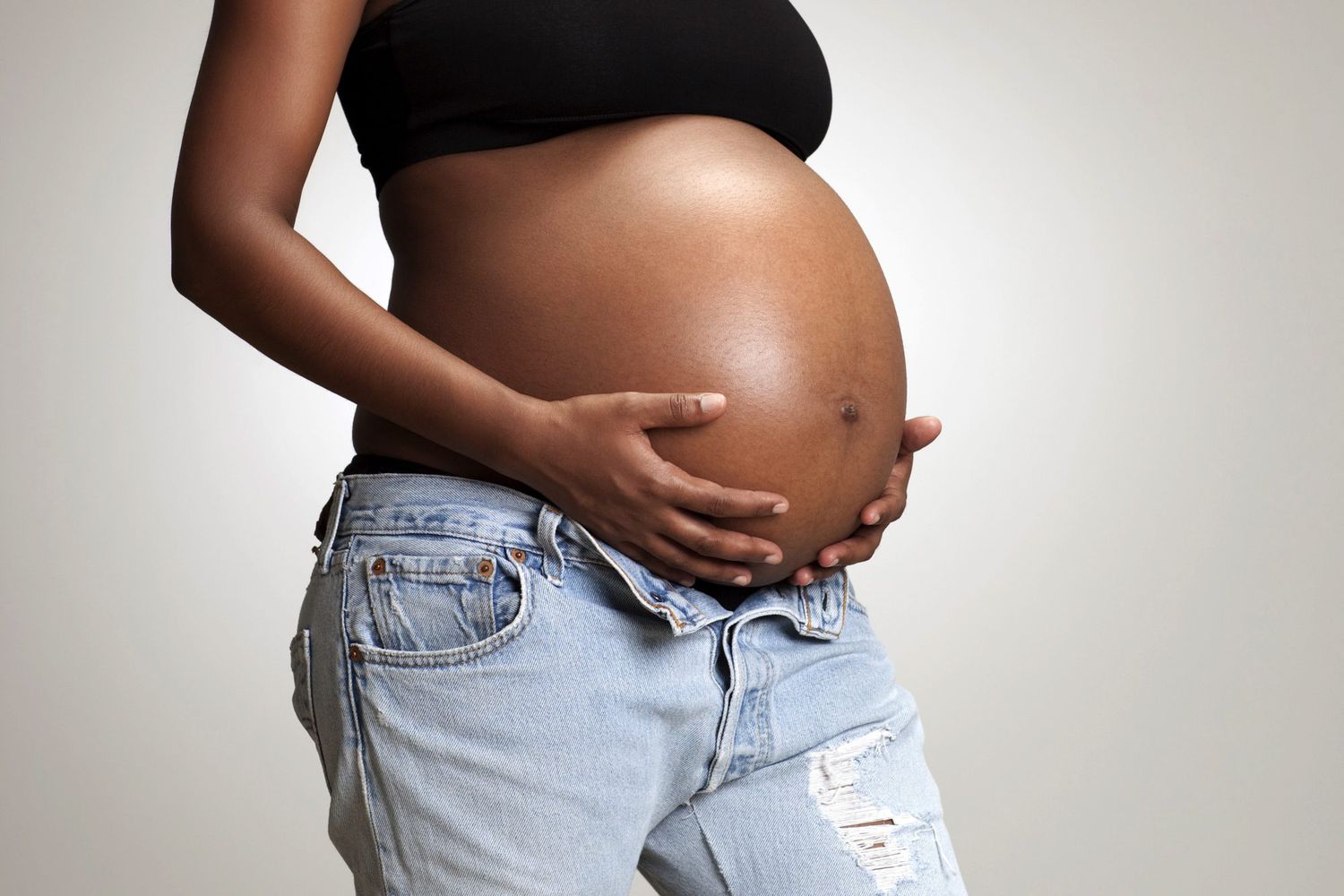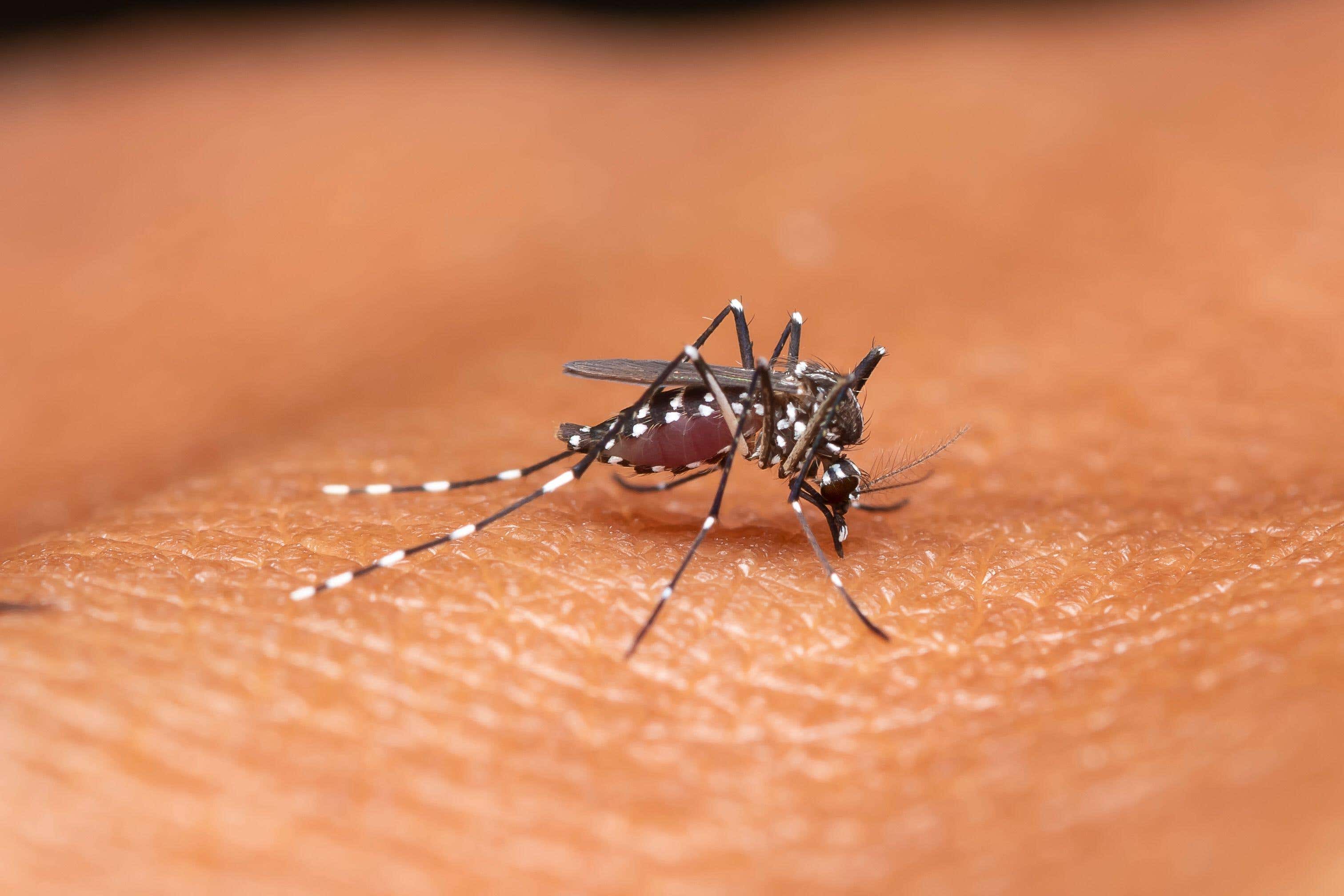Listeners:
Top listeners:
-
play_arrow
Bamba Radio Top Music Radio
-
 play_arrow
play_arrow
The HighLife Podcast Yana Bolder

The study included 300 woman in Mali who were considering getting pregnant in the coming year.

A female Anopheles mosquito engorged while feeding on human skin (Alamy/PA) (Alamy/PA)
Scientists have found that immunizing African women against malaria before they become pregnant may shield them against infection for nearly two years without the need for a booster shot.
According to researchers, the results represent a “tremendous advance” in shielding women against the potentially fatal illness.
It is estimated that every year in Africa, 200,000 stillbirths and 50,000 fatalities are caused by severe malaria infection, also known as plasmodium falciparum, during pregnancy.
The researchers in Mali enlisted 300 women who intended to become pregnant in the upcoming year for the study.
One hundred of the group received a modest dose of the vaccine, one hundred received a large dose, and the remaining hundred received a placebo.
Following their jab, the women stopped taking birth control, and they were monitored for nearly two years over two separate malaria seasons.
The infants of the women who were pregnant were also monitored until they became one year old.
In women who went on to get pregnant, the high dosage group’s vaccination effectiveness against malaria infection during the first year of pregnancy was 86%.
Over the course of the two seasons, the low dose group’s effectiveness with the jab during pregnancy was 57%.
Researchers also discovered that, at 61% without boosting, the low dose group’s efficiency was as high—if not higher—in the second year than it was in the first.
“This is a tremendous advance for protecting women against malaria before and during pregnancy,” stated Alassane Dicko, the team leader at the Malaria Research and Training Centre (MRTC) in Bamako, Mali.
Researchers discovered that vaccinated patients also became pregnant sooner.
Mr. Dicko continued, “We were thrilled to see significant vaccine efficacy against Pf infection when administered pre-conception, not only in the first year but also through a second intense malaria transmission.”
“We were also surprised to find an additional positive outcome, that pregnancies developed sooner in vaccinated participants.”
The African region reported 233 million cases of malaria and 580,000 deaths in 2022, according to the World Health Organisation (WHO)This equates to 94% of cases and 95% of deaths globally.
Babies, children under the age of five, pregnant women and people with HIV or Aids are all at higher risk of severe infection.
The first malaria vaccine – RTS,S – was recommended by WHO to prevent malaria in children in October 2021.
It has reached almost two million youngsters in Kenya, Ghana and Malawi through WHO’s Malaria Vaccine Implementation Programme.
In October last year, WHO recommended the programmatic use of malaria jabs for children living in endemic areas, which includes the RTS,S/AS01 and R21/Matrix-M vaccines.
Stephen L Hoffman, founder and chief executive of Sanaria, added: “The results of this study in women of child-bearing potential demonstrate clearly its potential to save the lives of women and their unborn babies in Africa.”
Written by: pradm
Similar posts
Tottenham 4-3 Man Utd: Spurs advance to the Carabao Cup semifinals.
todayDecember 20, 2024 16 4
Recent Posts
- Manchester United’s Struggles Deepen After 3-0 Defeat to Bournemouth
- Liverpool’s Festive Fireworks: A 6-3 Triumph Over Tottenham
- Tottenham 4-3 Man Utd: Spurs advance to the Carabao Cup semifinals.
- 100 women killed in four months in Kenya
- The AMG Foundation opens its biggest library to date in Nanyuki.
Recent Comments
No comments to show.Featured post

Latest posts

Manchester United’s Struggles Deepen After 3-0 Defeat to Bournemouth

Liverpool’s Festive Fireworks: A 6-3 Triumph Over Tottenham

Tottenham 4-3 Man Utd: Spurs advance to the Carabao Cup semifinals.

100 women killed in four months in Kenya

The AMG Foundation opens its biggest library to date in Nanyuki.
Current show
Upcoming shows

The BeeHype Show
Presented by MC VBox
13:00 - 16:00
The Jam Drive
Presented by Kushite
17:00 - 20:00
Caffeine Mornings
Presented by Wanji The Songbird
07:00 - 10:00
The BeeHype Show
Presented by MC VBox
13:00 - 16:00
The Jam Drive
Presented by Kushite
17:00 - 20:00Chart
Copyright ©2024. All Rights Reserved









Post comments (0)